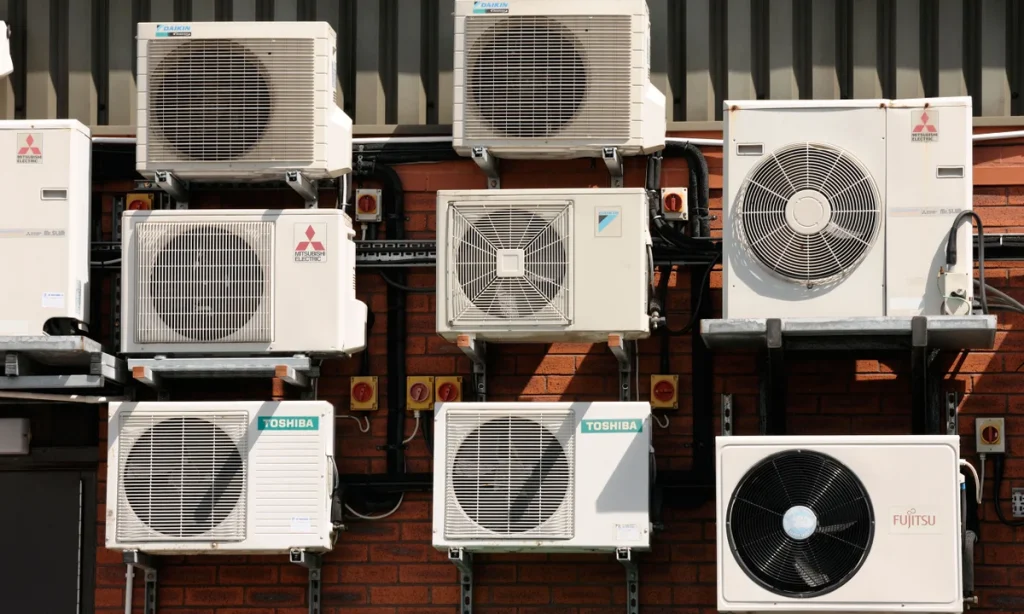The United Nations (UN) report published on Wednesday warns that the surge in demand for cooling systems in developing countries could exacerbate climate change unless sustainable solutions are prioritised.
According to the report, by 2050, the need for air conditioning, refrigerators, and refrigerated transport will increase sevenfold in Africa and fourfold in Asia.
“These nations are especially vulnerable to the deadly effects of rising temperatures and are urgently in need of cooling solutions,” said IFC head Makhtar Diop in a statement.
Rising temperatures, increasing populations and urbanisation in many developing countries are boosting demand for cooling devices.
According to the report, the cooling industry currently consumes 20% of the world’s electricity and is projected to triple by 2050. 80% of the total demand comes from developing countries.

There is a need to strike a balance between addressing climate change and meeting the crucial requirement for refrigeration to preserve essential items like crops and vaccines.
“As record temperatures continue to be broken across the world, keeping cool is an essential need for both healthy communities and a healthy environment,” said Inger Andersen, executive director of UNEP, which is based in Nairobi.
“However, we must avoid creating a vicious cycle of meeting cooling demands through solutions that further heat up the planet,” she added.
UNEP and IFC, in a “Cool Coalition” with 130 partners, emphasised the necessity of creating sustainable and energy-efficient solutions capable of cutting emissions in half and lowering electricity costs.
They urged the private sector to invest in a market projected to reach $600 billion annually by 2050 in developing nations.
They also underscored the significance of developing “passive” solutions, such as using reflective materials or planting trees to offer shade.


